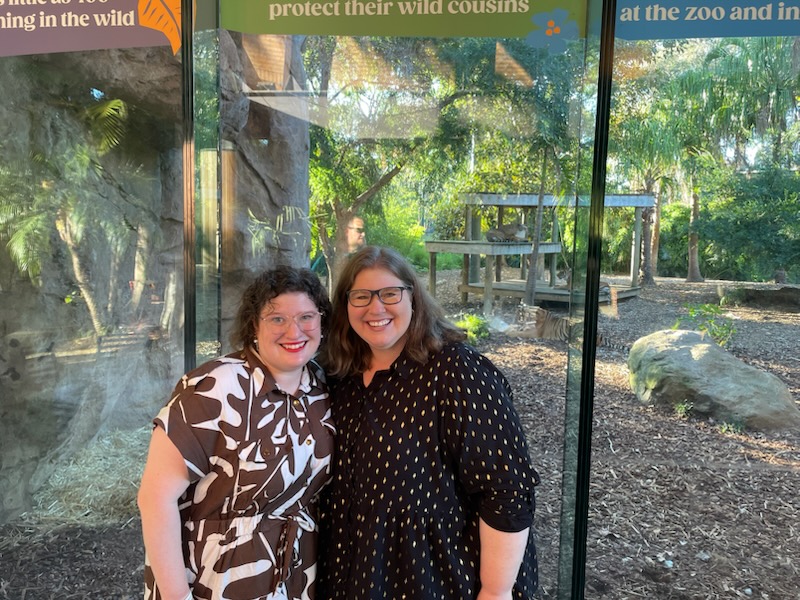About ECSA
- Details


Introducing Paula Hensing
Paula is a dedicated and passionate Legal Studies and Civics educator with a wealth of experience spanning over two decades.
She champions the importance of civics education, passionately believing that a thriving democracy relies on an informed citizenry that understands and embraces their voting responsibilities.
As a long-standing volunteer committee member of the Legal Education Teachers Association SA (LETASA) for more than 20 years, Paula has been honoured with multiple awards in recognition of academic excellence, significant contributions to curriculum development, and outstanding event facilitation.
With extensive experience in state electoral processes and a comprehensive understanding of the Australian Curriculum: Civics and Citizenship, as well as SACE Legal Studies, Paula is committed to delivering authentic electoral education, fostering student agency, and empowering students to find and use their voice in civic life.
You can contact Paula via email:
ATTENTION: Education Officer
Paula is based in our Light Square, Adelaide offices.
Paula out and about
Taking democracy to the classroom | Regional road trip - Education 2025
>
The Australasian Parliamentary Educators Annual Conference 2024
Hosted in Adelaide, SA for 2024, the theme for 2024 Challenge Accepted - Overcoming Barriers to Delivering Civics Education, included a trip to the Zoo to visit the Tigers. The conference focused on the different barriers parliamentary, electoral and related education officers face when planning, delivering and promoting programs – with workshops and activities to consider possible solutions.
Pictured below with Paula is Natalie, Community Education and Engagement Manager, Parliament of South Australia.

- Details

We publish a wide range of educational materials designed to inform and educate South Australians about our electoral processes. Brochures, guides, and videos range in accessibility levels and are produced in multiple languages to cater for everyone.
- Brochures, guides and videos
- Easy read guides
- Funding and disclosure forms
- Funding and disclosure guides
- Funding and disclosure glossary
- Language guides
Living in an area to vote
Which council or electoral district do you vote in?
- What is an electorate district?
- Downloadable pdfs of district maps
- Electoral boundary redistributions
- Find your State electorate (interactive map)
- Find your Local Government Area (Council)
Understanding elections and voting
- Council election fast facts
- Counting the votes for the house of assembly
- Counting the votes for the legislative council
- Counting the votes for council elections
- How to complete your ballot papers
External resources
- Details

ECSA can support or help run your school elections
Are you voting for School Captains, House Captains, or SRC? Do you want support or help to run the election? Contact Paula to ask how we can support the practice of active citizenship at your school.
Tailored civics and democracy programs
Paula is available to discuss your learning requirements or grand plans, to explore how ECSA can support your ideation.
Faculty support – How to run an election in your own class
We’ll teach YOU. Upskill your staff on how to run an authentic election in their classroom and count the votes using the preferential system.
Booking a program
Identify:
- which year levels are participating
- what you need to support education outcomes
- approximately how many students will be involved
- proposed dates for the incursion
Partnerships
In partnership with the Parliament Community Education Office:
- Civics in the City - education.parliament.sa.gov.au/schools/civics-in-the-city/
- Regional Tours - education.parliament.sa.gov.au/book/schools/regional-programs/
CONTACT
Paula Hensing – ECSA Education Officer
(08) 8429 0507
